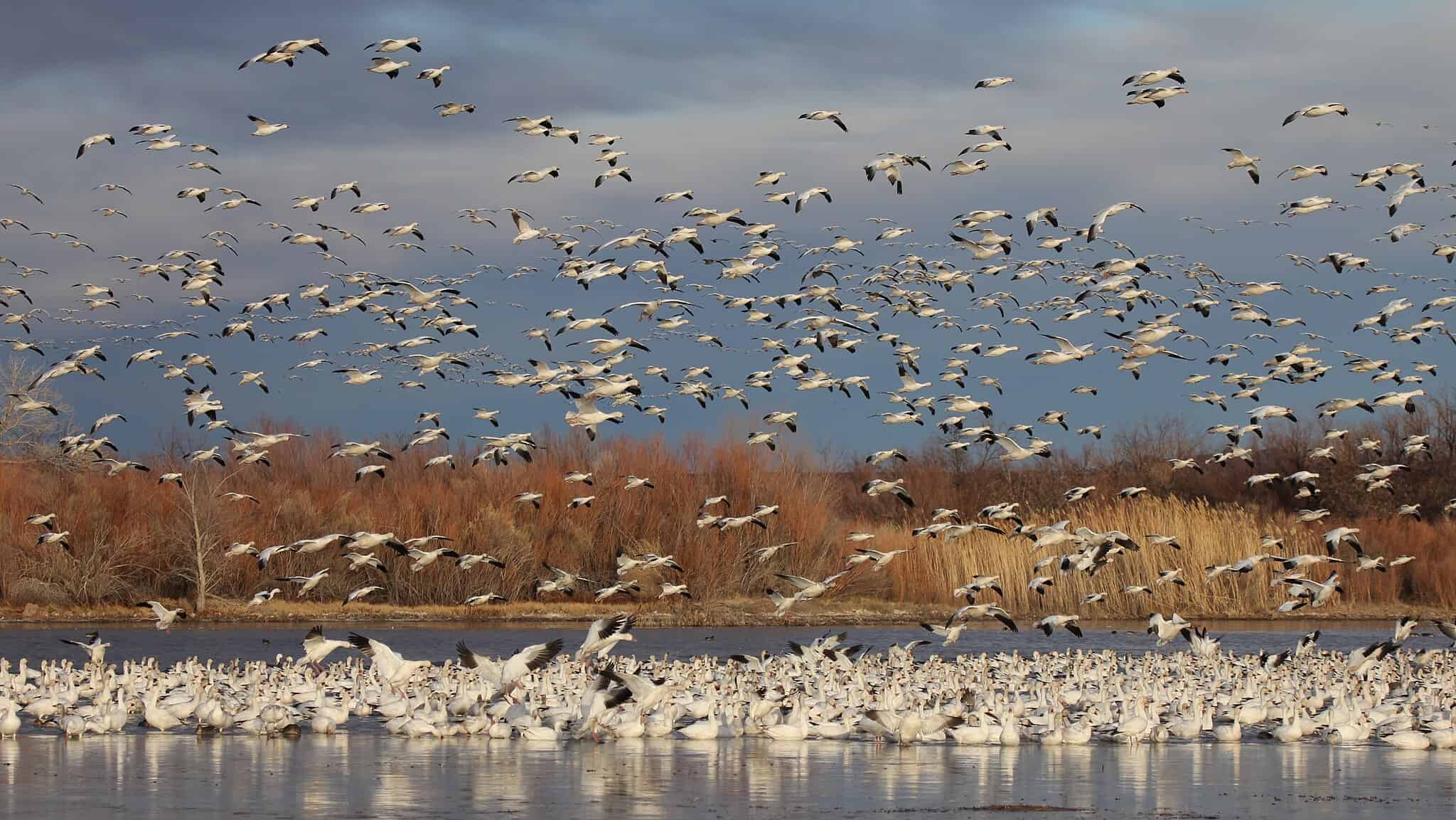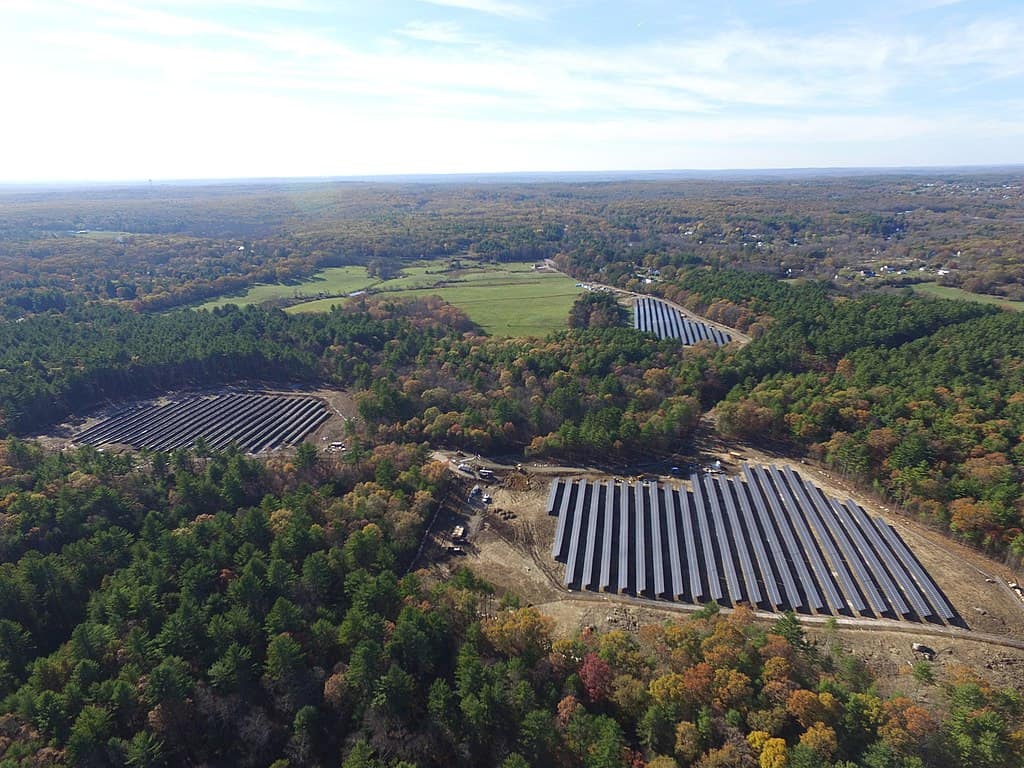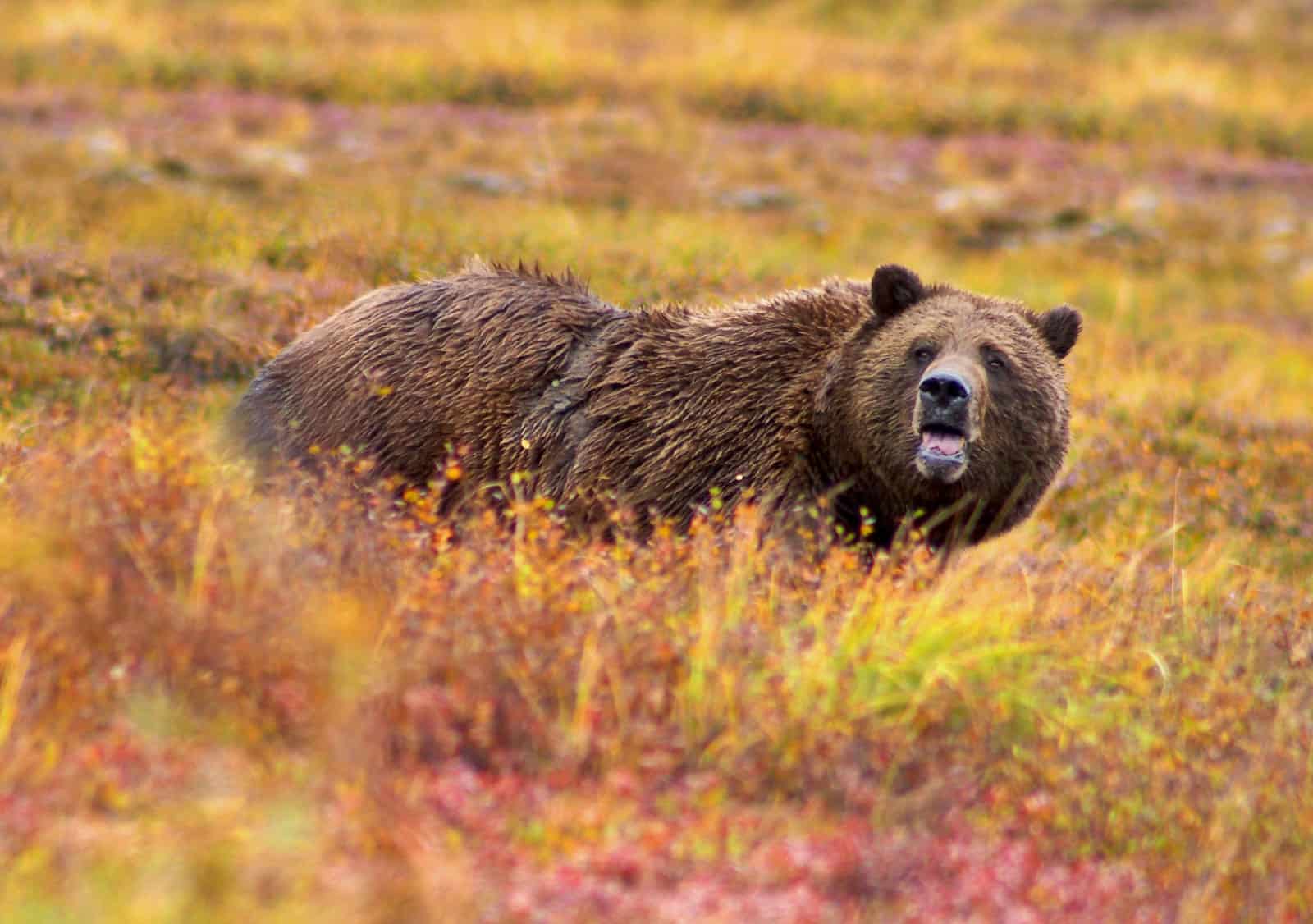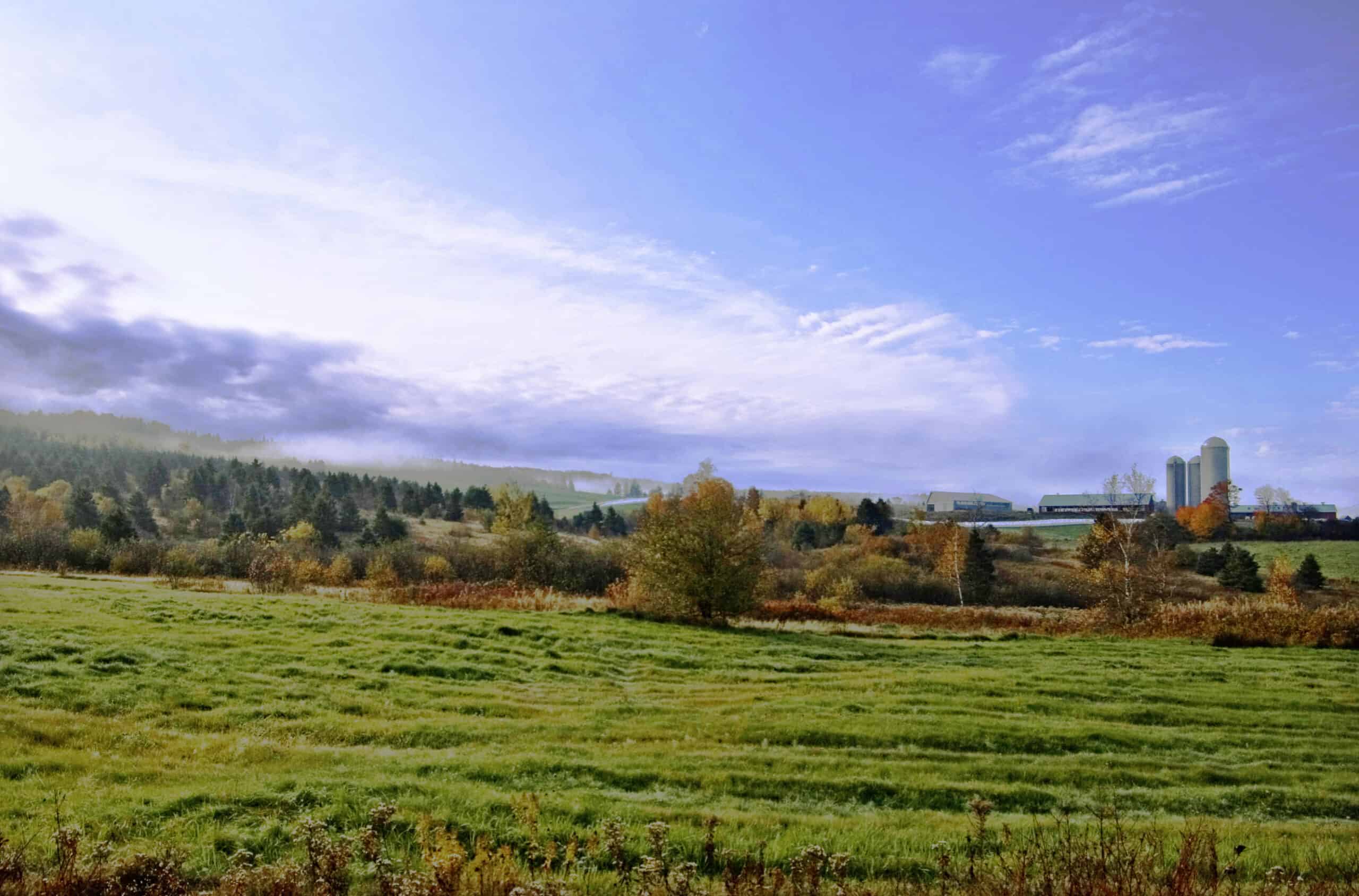Share this article
TWS comments on biodiversity-focused National Wildlife Refuge System management
A proposed USFWS policy change would impact the management of biological integrity, diversity and environmental health
The Wildlife Society commented on the U.S. Fish and Wildlife Service’s proposed policy changes and new regulations that take into account climate change and habitat loss in the management of the National Wildlife Refuge System (NWRS).
The USFWS seeks public comment on proposed revisions to existing policy and new regulations aimed at maintaining, restoring and enhancing the biological integrity, diversity and environmental health—or BIDEH—of the NWRS. The regulations and updated policy aim to address current conservation challenges and ensure the BIDEH of the Refuge System amidst increasing threats to global biodiversity. The Wildlife Society recently submitted its feedback supporting revisions that acknowledge climate change and habitat loss as pivotal factors in refuge management but also highlighted areas for improvement.
The USFWS issued the original BIDEH policy for the NWRS in 2001, providing guidance for maintaining the ecological integrity of the Refuge System. The agency is proposing updates to management directives and definitions in the current policy to better reflect the interconnected nature of refuge ecosystems and the challenges that threats like climate change pose. In the revised policy, refuge managers are directed to prioritize natural processes, ecological connectivity, and adaptation strategies in habitat management.
TWS recognizes the global threat to biodiversity and supports the intent of the USFWS policy revisions to better conserve and manage BIDEH across the National Wildlife Refuge System. In its comments to the USFWS, TWS emphasized the importance of adaptively managing novel ecosystems and incorporating flexibility into management plans, aligning with the Resist-Accept-Direct (RAD) framework of management.
TWS also voiced its support for the directive to address climate change across the NWRS, emphasizing the significant impacts of human-caused climate change on wildlife populations. The Society’s comments also stressed the importance of retaining prescribed fire as a critical management tool for maintaining and restoring ecosystems, suggesting that specific language in the policy may unnecessarily limit refuge managers’ ability to effectively use prescribed fire.
The revised BIDEH policy and corresponding regulations also outline management activities intended to enhance BIDEH across the Refuge System. These include native predator control, conservation translocations, the use of genetically engineered organisms, invasive species management, pesticide use, agricultural uses and mosquito control.
In response, TWS expressed concerns over the lack of clarity in defining “predator” and “native,” advocating for ecologically based definitions to guide wildlife management decisions across NWRS refuges. The Society further advocated for a science-based approach to decision-making, flexibility in managing BIDEH while considering the needs of individual refugees, and greater staff capacity for conservation planning.
The Refuge System is administered under various acts, including the Wilderness Act of 1964, the National Wildlife Refuge System Administration Act of 1966, the Alaska National Interest Lands Conservation Act of 1980, and the National Wildlife Refuge System Improvement Act of 1997. With over 850 million acres of federal lands and waters exclusively dedicated to wildlife conservation, the Refuge System is vital to preserving biodiversity nationwide.
“National wildlife refuges help connect Americans to a diverse array of public lands, while also serving as a crucial means of protecting wildlife and conserving habitat,” said Secretary of the Interior Deb Haaland in a press release.
The public can submit comments on the proposed rule and revisions to USFWS by an updated extended deadline of May 6, 2024. TWS continues to support the planning, funding, and management of wildlife refuges as a Cooperative Alliance for Refuge Enhancement (CARE) member.
This article was updated on 4/11/2024 to clarify TWS’ position on the proposed policy.
Header Image: Snow geese at Bosque del Apache National Wildlife Refuge, New Mexico. Credit: Jason Crotty








